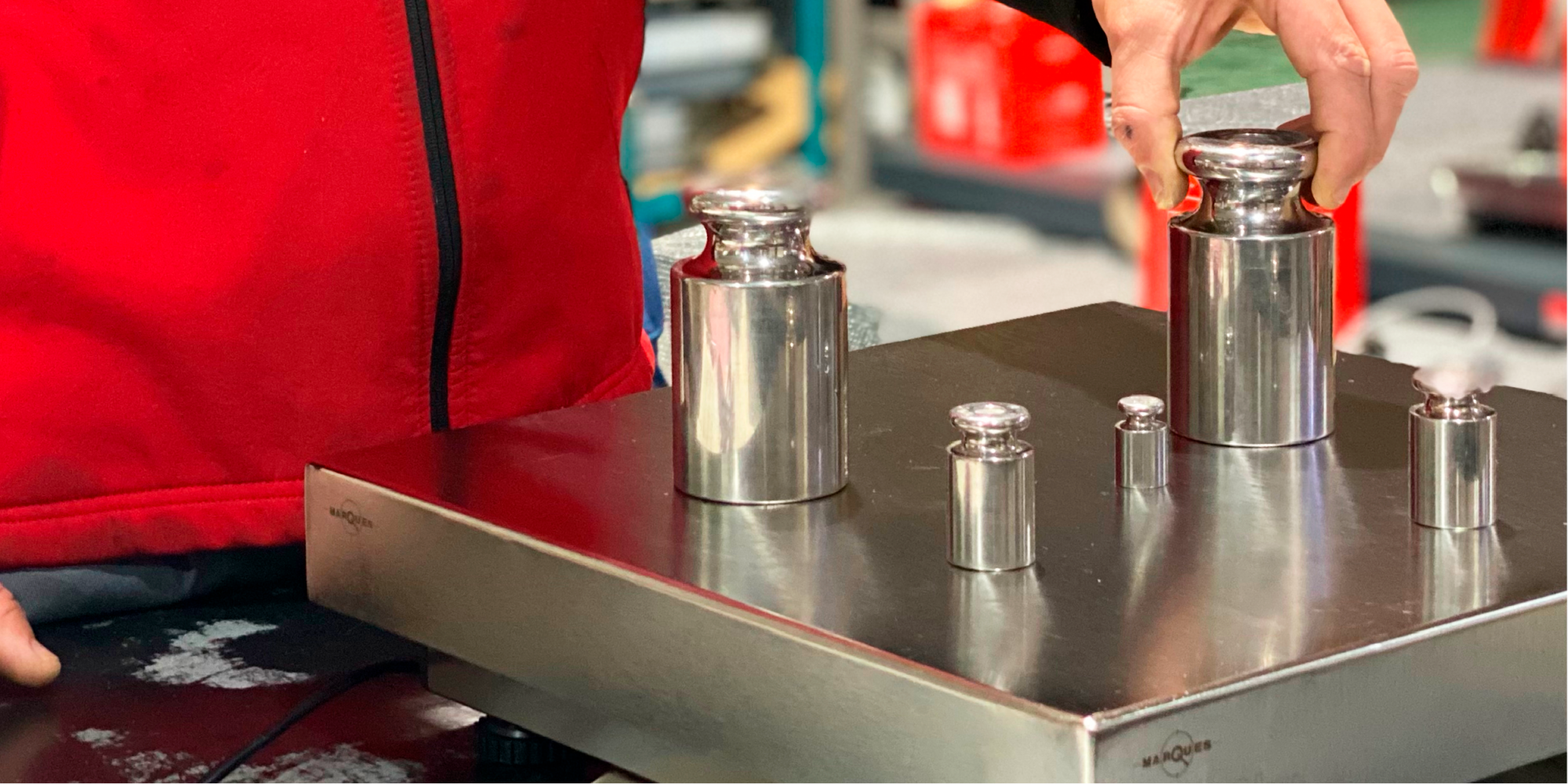
It’s dedicated to the Research and Development of Software for retail and industry. Created and joined in the Group in 2010.
Know more
Acquisition in 2004 of the entire share capital of EUROPESAGEM - Comércio Internacional de Balanças, Lda, a company specialized in the distribution of commercial and industrial weighing equipment (Founded in 2001).
Know more
Official representative of the German brand ESPERA, of weighing and labeling equipment. Created in 2011.
Know moreDo you want to know more about legal questions and the quality and maintenance processes that involve your scale or weighbridge? Find out exactly what it is and what implies a metrological verification and a calibration. On the blog.
Calibration and metrological verification are very common terms when speaking about scales and weighbridges or weighing in general. And they may even seem synonymous. But, in fact – although both are in metrology – describe distinct processes.
Find out the differences between both concepts:
1. What’s a metrological verification?
A metrological verification is a legal procedure that “tests” the scales and weighbridges used in commercial transactions.
Part of a European Union directive, it aims, above all the consumer’s protection. The goal is to ensure that the weighing instruments are getting results within the “maximum permissible errors” by law.
And when it turns out they are not, the commercial space must repair the scale or weighbridge in question and cannot use it until it is subject to further verification.
This is a process carried out only by organizations certified by the institution on the subject, in the country in question – on the case of Portugal by the Portuguese Quality Institute (IPQ).
2. What’s a calibration?
On the other hand, a calibration is a process that goes further than testing, intervening, if necessary, on scales or weighbridges.
Applicable to any weighing instrument – even in those that are not used in commercial transactions – it has the goal to ensure that the equipment is operating within an acceptable margin of error.
The calibration uses standard weights, subject to strict control and certification, to submit the scales and weighbridges to several tests and determine the result that they must show in the presence of an object of that mass.
Carried out by certified entities for that purpose, as is the case of our metrology laboratory CALLMARQUES, it offers a guarantee that the equipment are operating with the desired and expected accuracy.
If you want to know more information about the legal questions and the quality and maintenance processes that involve your scale or weighbridge, feel free to contact us. Balanças Marques is always available to help you!
